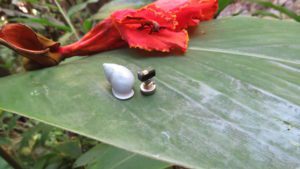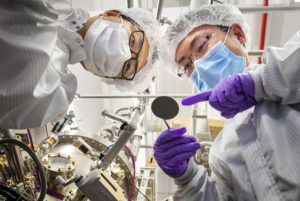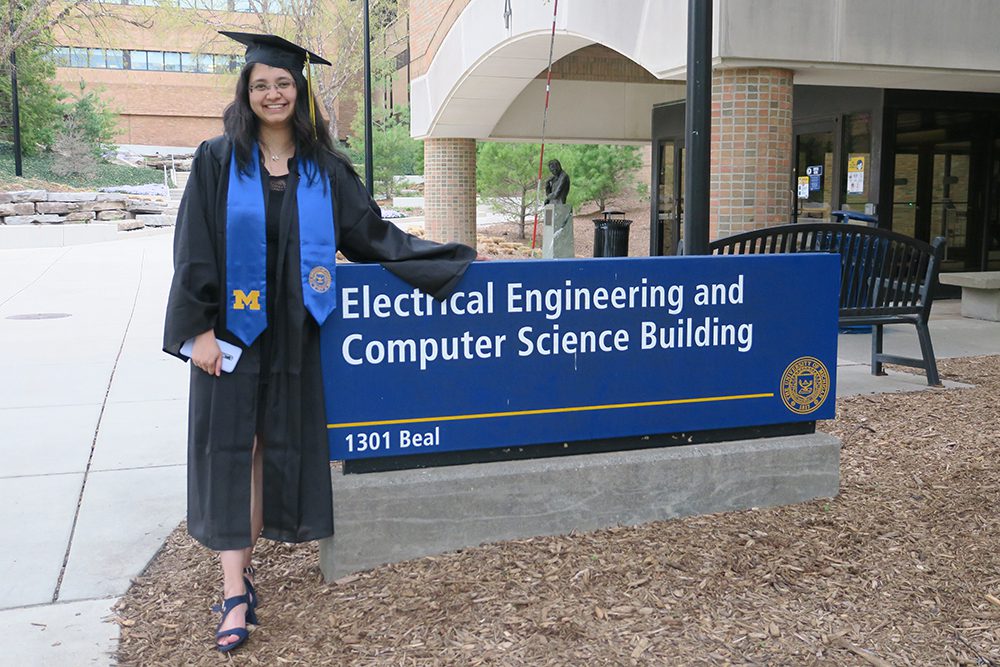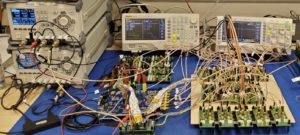The study yields new insights into the survival of a native snail important to Tahitian culture and ecology and to biologists studying evolution, while proving the viability of similar studies of very small animals including insects


The study yields new insights into the survival of a native snail important to Tahitian culture and ecology and to biologists studying evolution, while proving the viability of similar studies of very small animals including insects

The ability to precisely tune electrical polarization switching through molecular beam epitaxy is a gamechanger

From the internships that inspired her interest in signal & image processing and machine learning to late night study sessions at the Duderstadt to her background in classical dance, Master’s student Rucha Apte shares her journey with us.

When the pandemic shut down in-person instruction, this six-member team created and delivered individual lab kits to 1,200 students around the world so hands-on lab experience could continue.
Transparent optical sensor arrays combine with a specialized neural network in new University of Michigan prototype

In a project he calls the “Marauder’s Map,” Prof. Zhang uses machine learning-based data models, physics models, and heuristic models to turn physical structures into sensing devices.
An interdisciplinary team from four universities are developing a new class of semiconductors for novel artificial photosynthesis and the production of clean chemicals and fuels using sunlight, as part of a DoD MURI
The post $6.25 million to develop new semiconductors for artificial photosynthesis appeared first on Michigan Engineering News.

Michael Flynn and his group are applying their groundbreaking work in beamforming to the challenge of low-power on-chip speech recognition.
By putting a twist on new “2D” semiconductors, researchers have demonstrated their potential for using single photons to transmit information.
The post “Egg carton” quantum dot array could lead to ultralow power devices appeared first on Michigan Engineering News.

The research could improve efficiency in systems such as electric vehicles, grid systems, mass transit, and industrial automation